Joe Swanson, a Perry, Iowa, resident, is no longer employed in the town he adores and where his children attend school.
This is because a Tyson Foods’ pork plant, the city’s largest employer, recently closed.
Closure Announcement
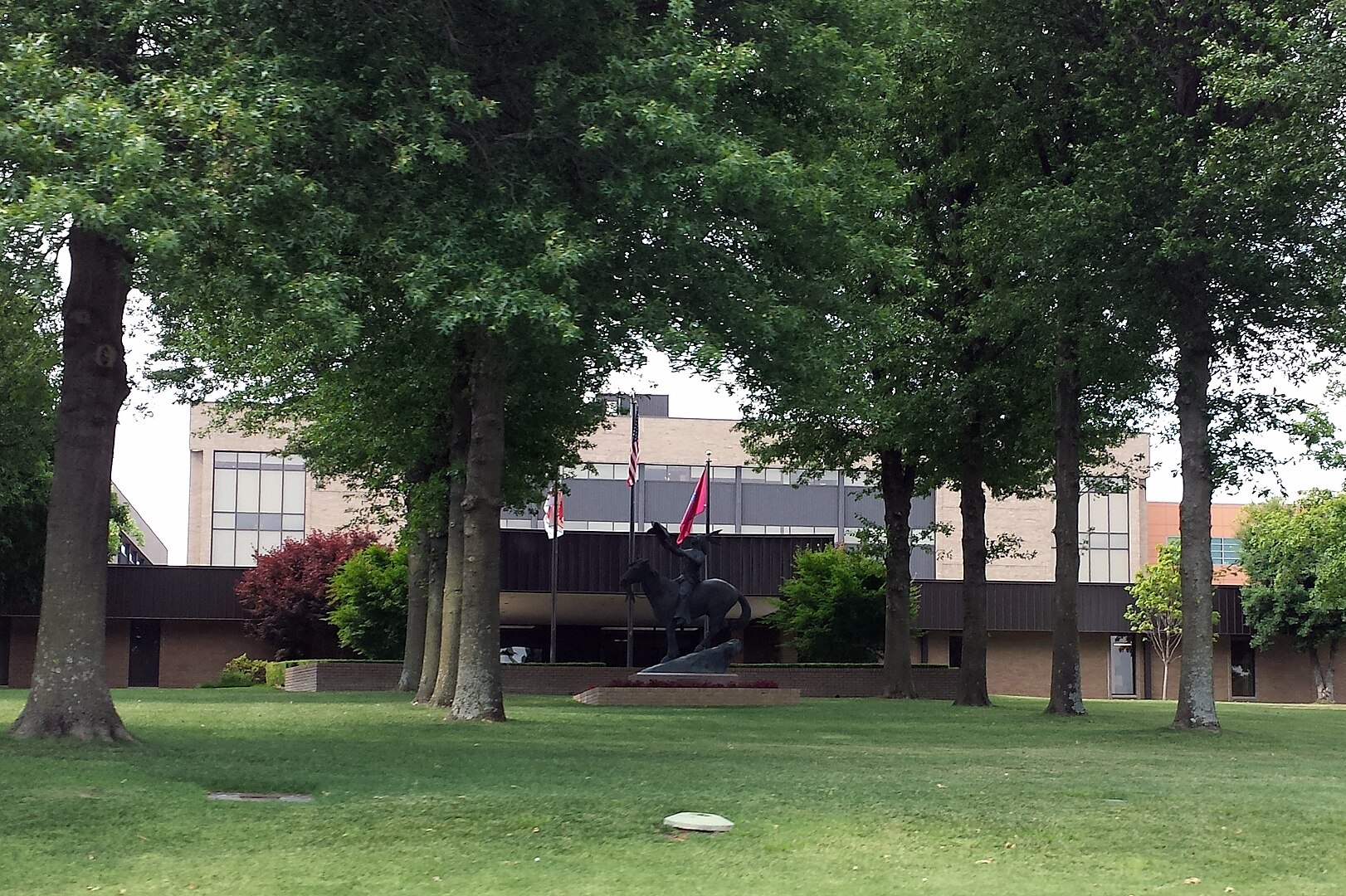
Swanson says when the organization declared in spring they were closing the plant, he was unable to take a chance with unemployment as a result of his medical problems.
Therefore, he claims that he accepted a new position with health benefits and left Tyson approximately six weeks prior to the company’s June 28 closure.
‘Hard for a Lot of People’
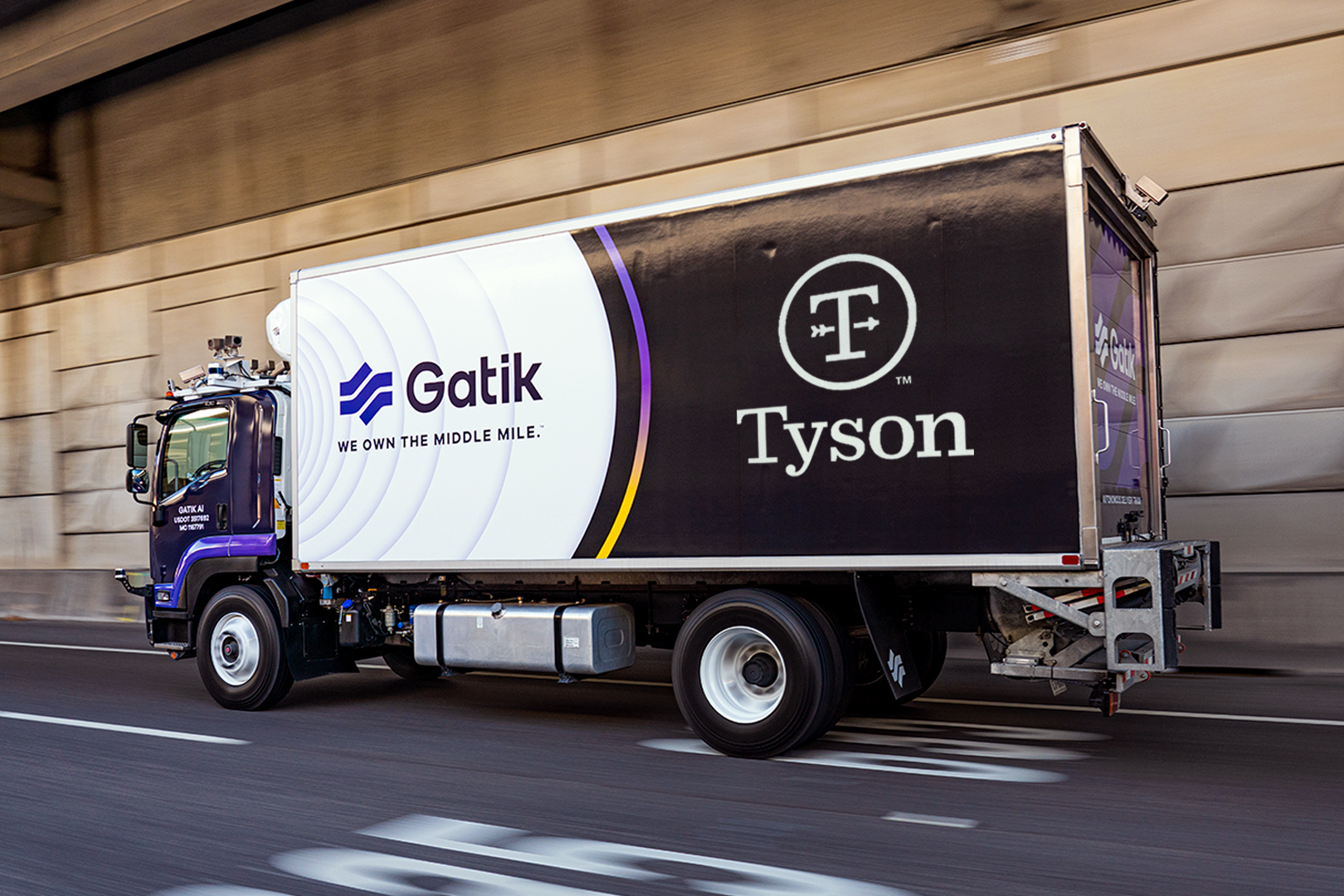
Swanson, who worked at the plant for almost 14 years stated: “None of us picked this, and I just want everybody to be OK.”
He continued, “I know how hard this is going to be for a lot of people.”
1,300 Laid-off Workers
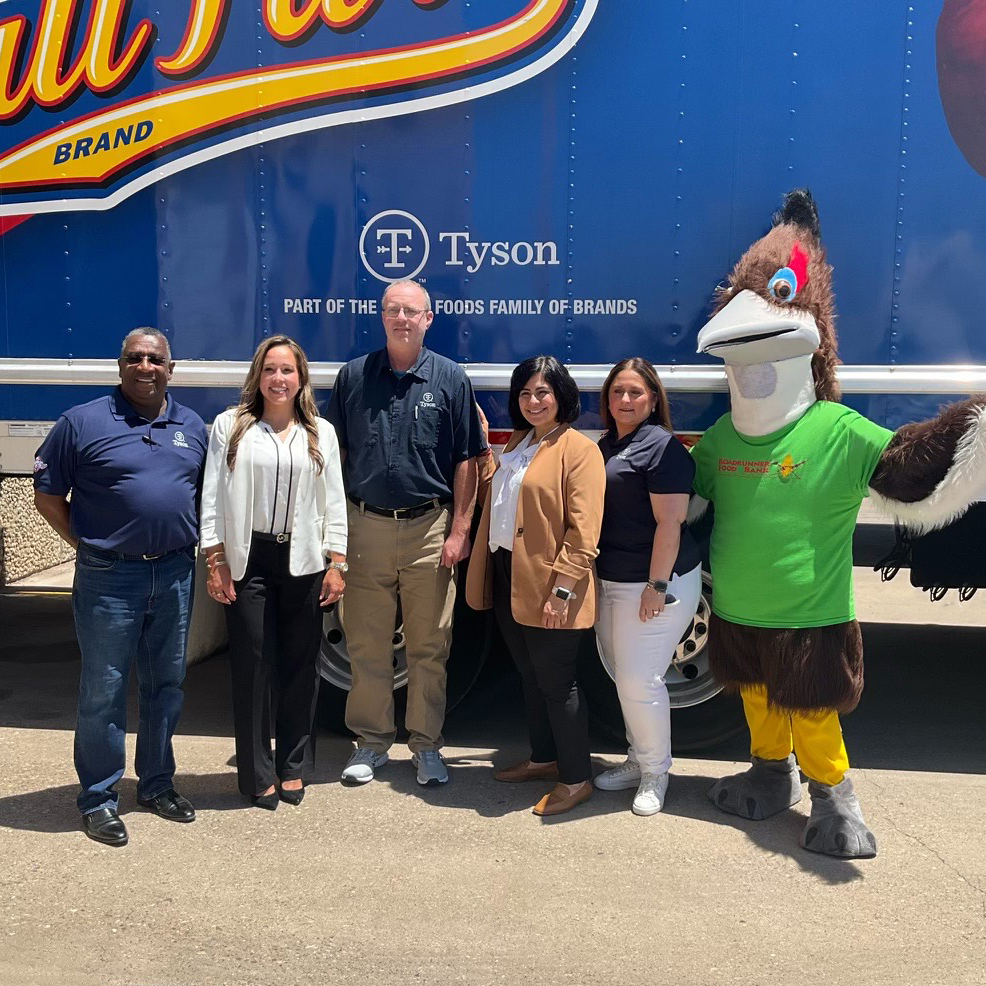
Large numbers of the 1,300 hundred other laid-off employees are currently wrestling with a similar circumstance.
The closure has left them living, but not working, in Perry. Another path forward might lie elsewhere.
Calls for a Boycott

The closure of the Perry plant has sparked controversy among its customers.
Campaigners are calling for consumers to boycott Tyson products. The boycott responds to Tyson shutting plants in several states while opening another in New York, hiring thousands of asylum seekers.
Outsourcing Labor
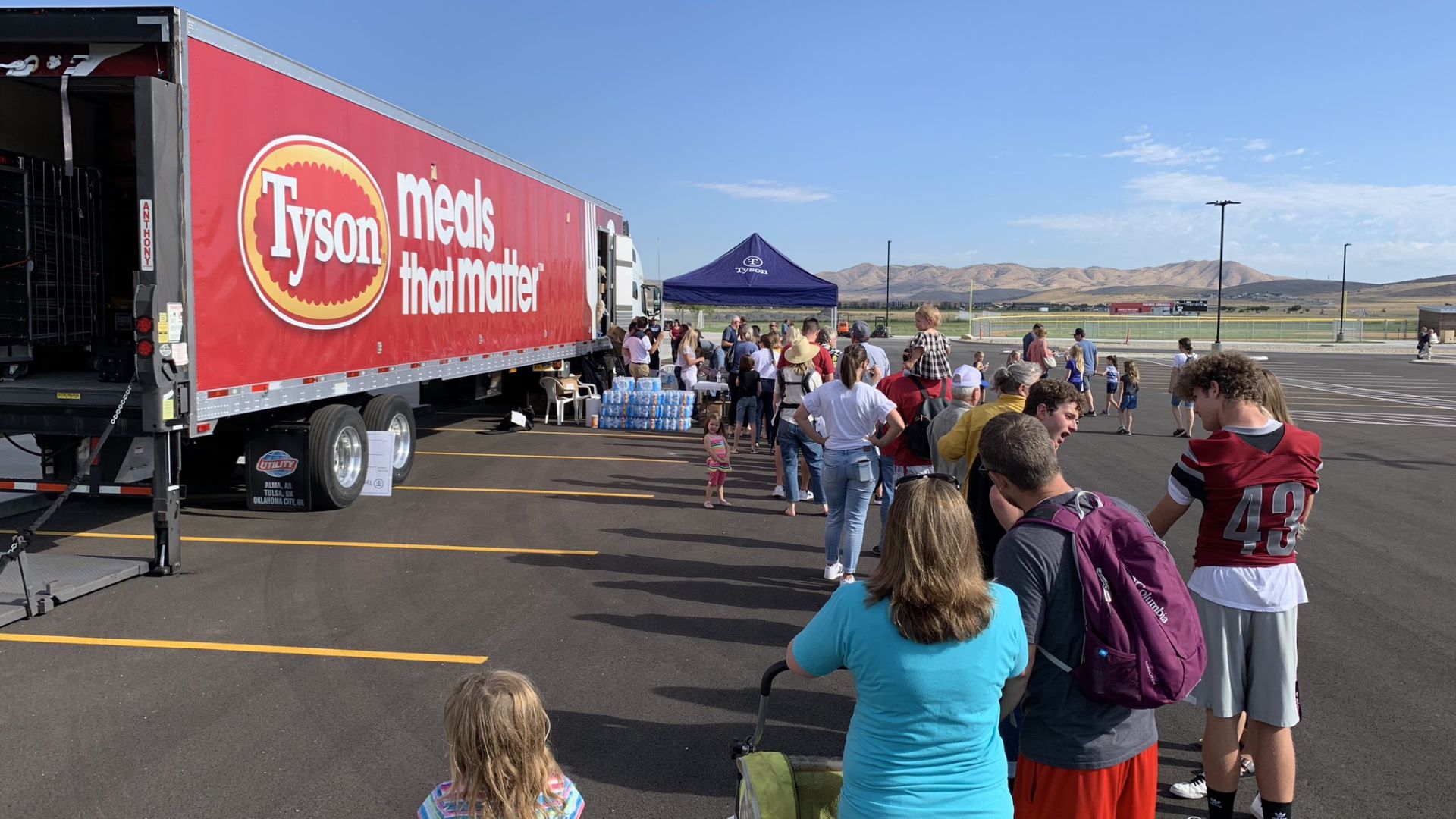
Tyson is offering $16.50 per hour to asylum seekers in New York — and free immigration lawyers.
Boycotters accuse the company of outsourcing American workers for cheap migrant labor. The controversy highlights fears about migrants replacing citizens’ jobs despite record-low unemployment in the States.
Several Locations Closed

Backlash at the hiring of asylum seekers comes amid the closure of several Tyson locations in other states.
Tyson processing plants have shut their doors in Iowa, Virginia, Arkansas, Indiana and Missouri.
Opportunities in Perry

“You have the power to make sure that you find the right opportunity that’s going to benefit you and your family,” Swanson said.
However, Perry’s reality is that the right opportunities left long ago.
‘Hoping for a Miracle’

The meat processing plant isn’t up-to-date enough for the business, and any upgrades would be too expensive.
Rachel Wacker stated: “Maybe we were hoping for a miracle at first, where we can just turn off the lights on June 28th and turn them back on with a new user.”
Working-Age Residents
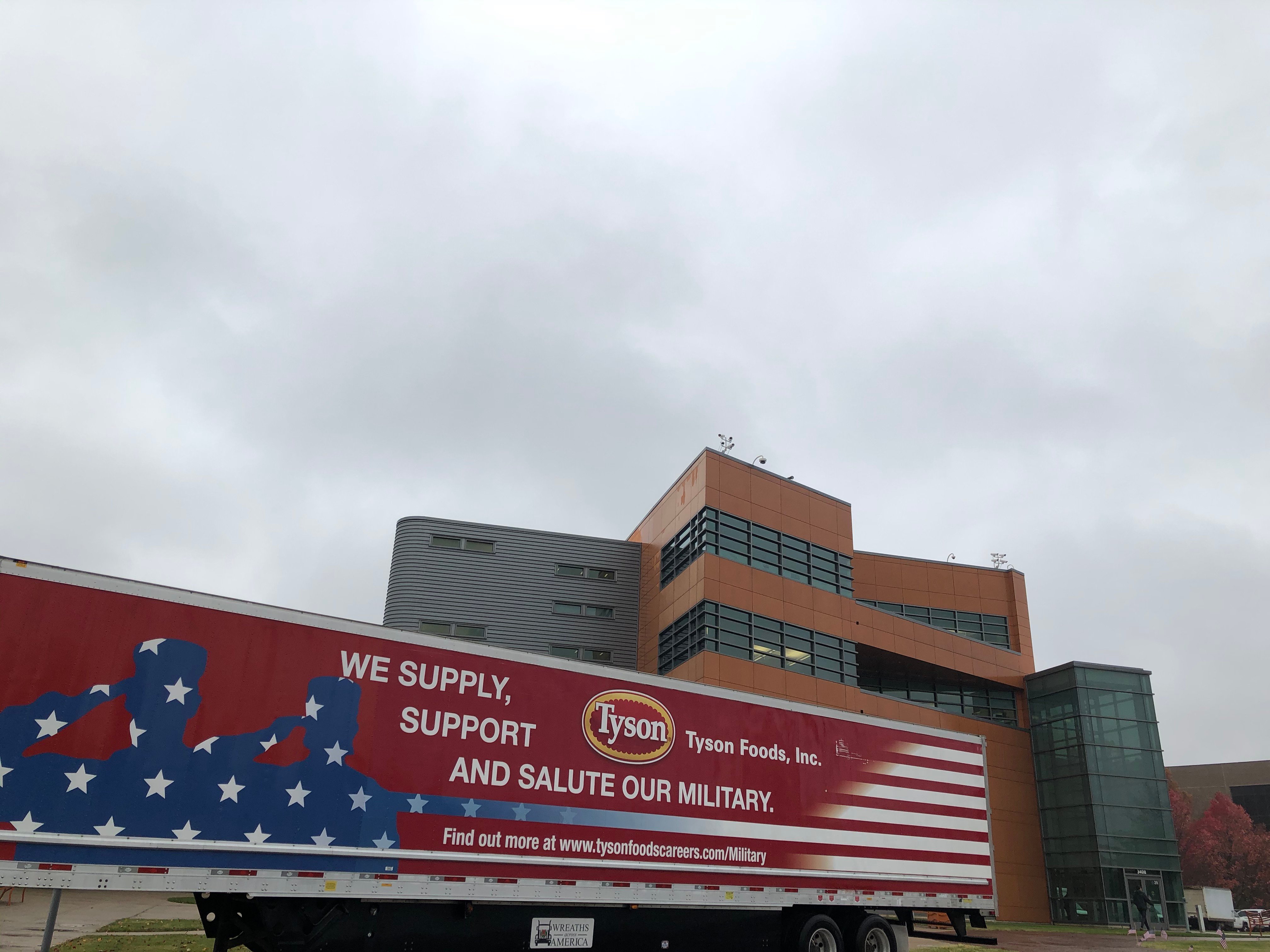
Wacker, who is the executive director of the Greater Dallas County Development Alliance, was remiss about the hopes for an angel investor: “That’s simply not the case.”
Before it closed, the Tyson plant employed approximately 25% of Perry’s working-age residents, according to city and county officials.
Impact on the Town
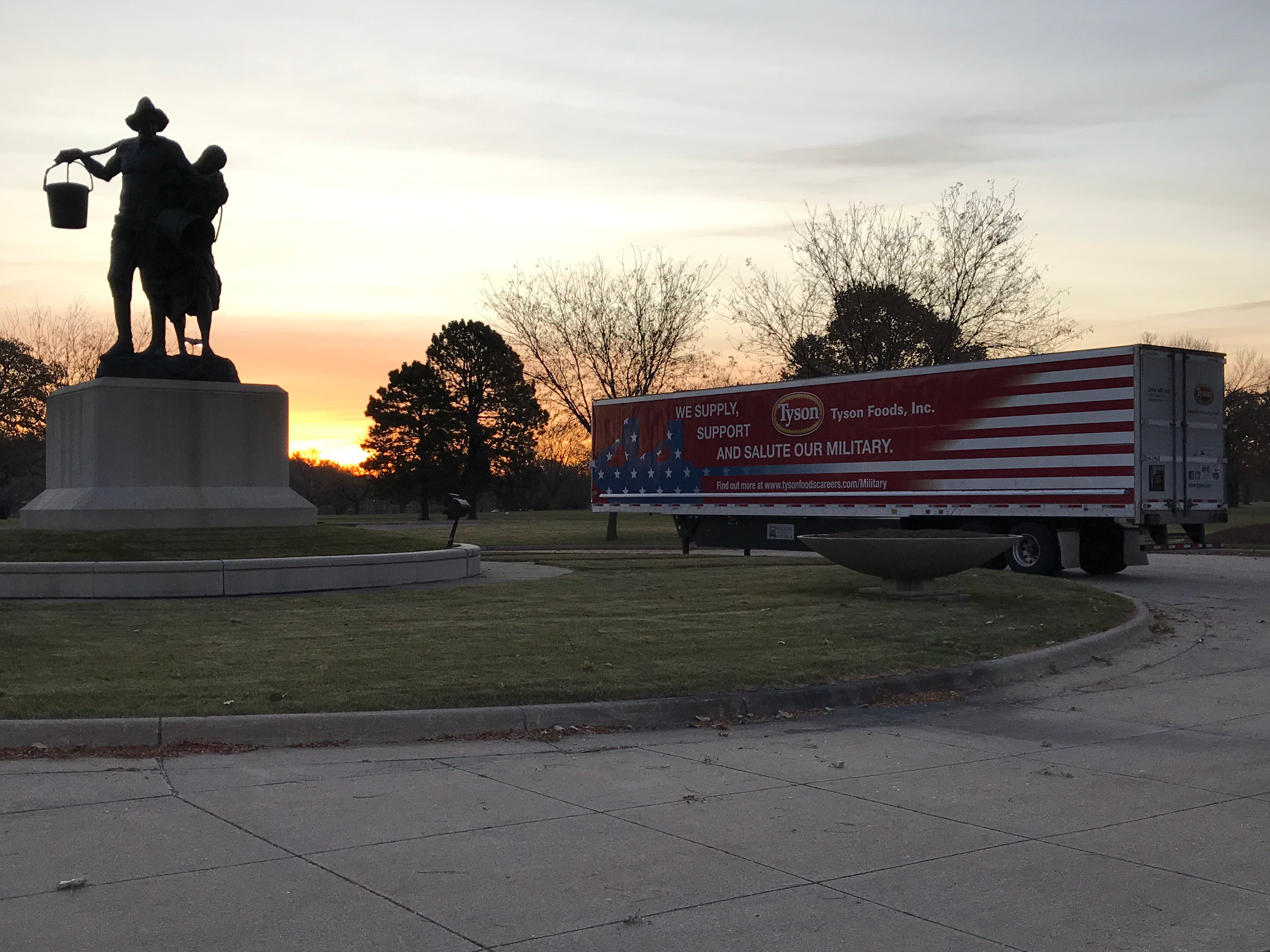
Accounting for laborers’ families and organizations directly connected with the plant, around 60% of the town is impacted by the shuttering.
According to CBS News, as per Tyson Foods, 200 team members relocated to Tyson facilities in Iowa and outside the state.
Cutting Costs
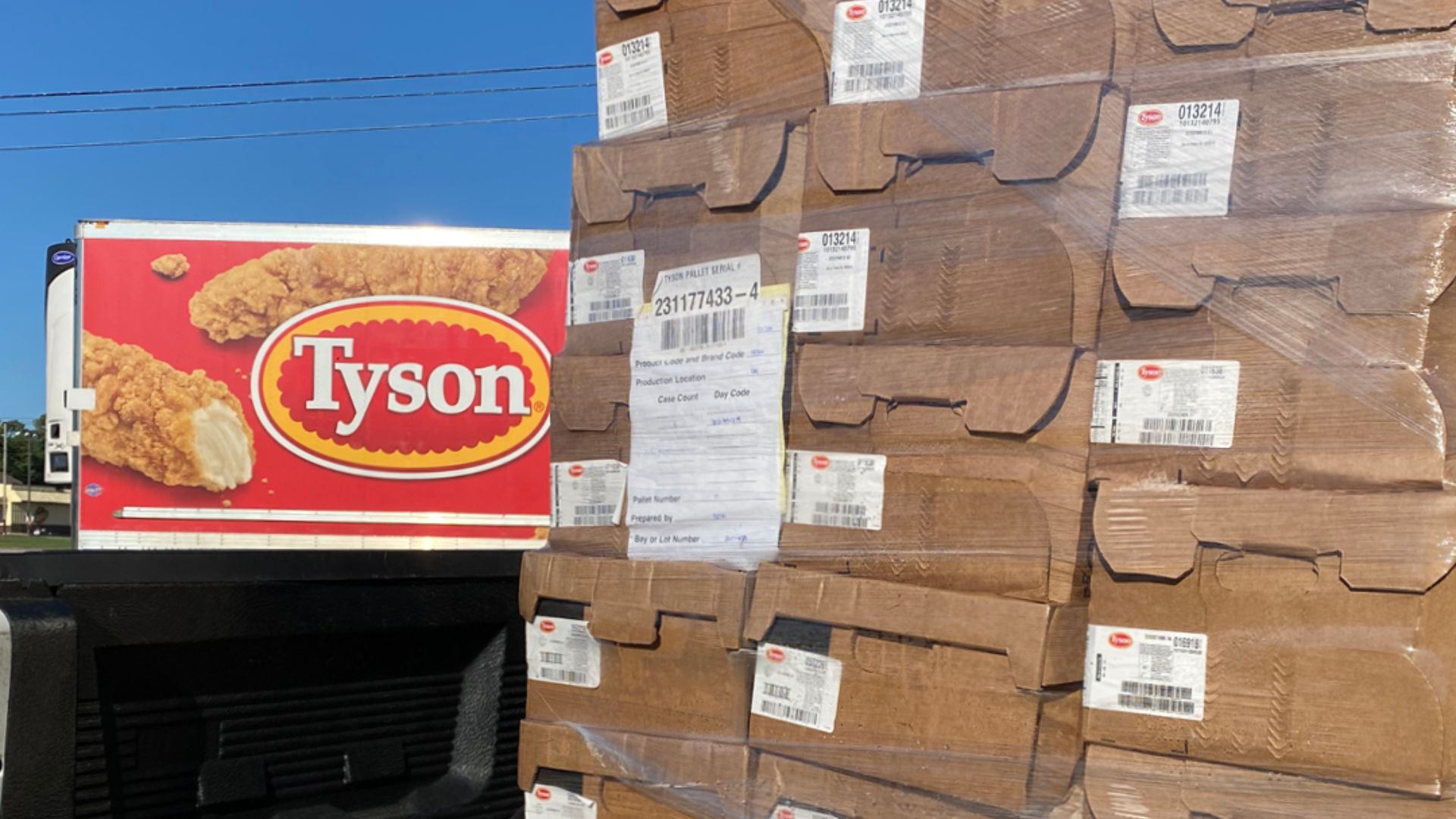
It comes as no surprise that Tyson is closing plants in exchange for cheap labor.
In 2023, pork sales for Tyson were lower than in 2022. According to Bloomberg, the company is recovering from “a combination of setbacks.” Above all, an excess of chicken and pork caused profits to fall by 85% in the last fiscal year. The company started to recover in December after five consecutive quarters of losses.
Legal Arguments

A conservative action group launched by former Trump administration officials, America First Legal, said Tyson could be breaking the law by favoring foreign workers over Americans.
The group posted online: “It is ILLEGAL under federal law to discriminate against American citizens based on their citizenship in favor of non-citizens of any kind when it comes to employment.”
Losing Investors

The boycott has caused investors in Tyson Foods to divest from the firm.
The CEO of Ridgeline Investments said Tyson’s leadership “should have known better” than reaching out to asylum seekers while slashing jobs for U.S. citizens. The CEO said: “The risk of alienating a significant percentage of their customers outweighs any potential economic benefit.”
Tyson’s Response
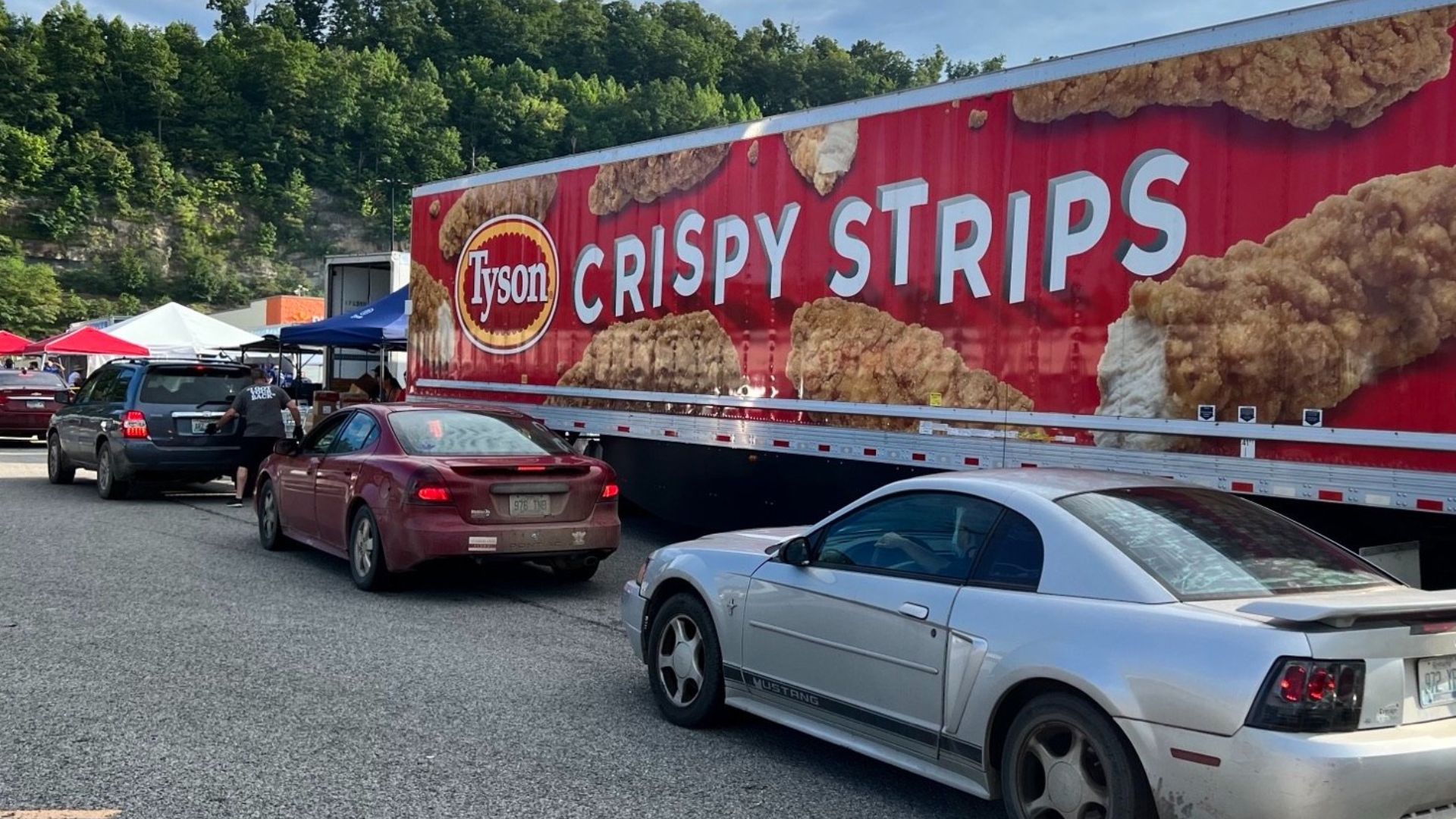
Tyson Foods responded to the boycott, saying there is no connection between the closure of plants and the hiring of asylum seekers.
In a statement, Tyson said: “There has been a lot of misinformation in the media about our company, and we feel compelled to set the record straight. Tyson Foods is strongly opposed to illegal immigration.”
Farmers Left in Debt
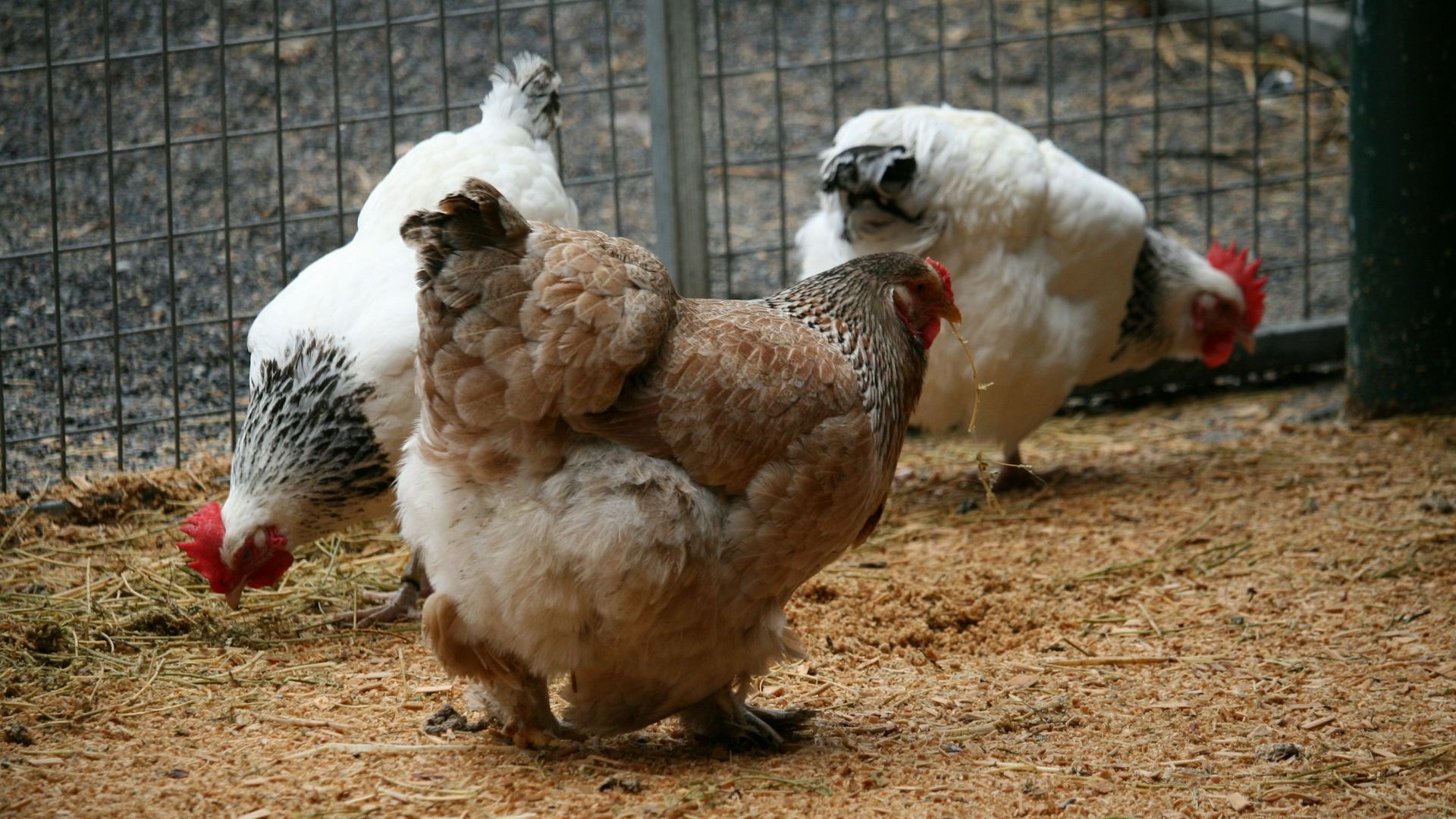
The closure of Tyson plants has left pig and chicken farmers across the country with massive debts they cannot pay off.
Missouri chicken farmer, Timothy Bundren, received a call from Tyson saying that he would no longer be raising broiler chickens for the company. All of a sudden, Bundren was $1.4 million in debt.
Huge Loans With Tyson
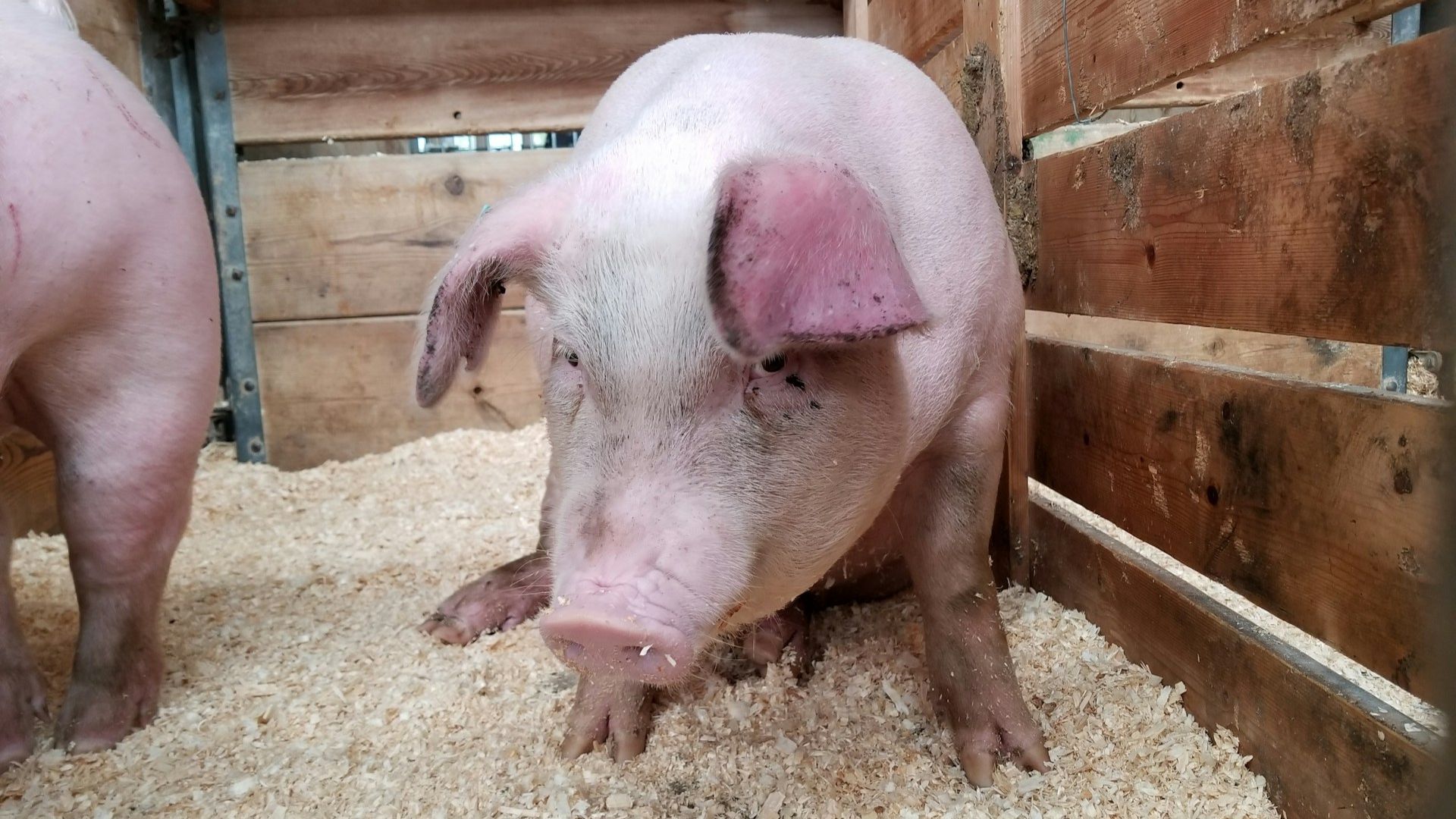
Pig and poultry farmers who have been let down by Tyson are now saddled with enormous debts.
According to Investigate Midwest, farmers had to take out upward of $2 million in loans to become Tyson contract growers. They said the company pushed them into debt to upgrade barns to meet Tyson’s demands. Growers are left with the looming threat of bankruptcy and foreclosures.
A Worrying Trend in Farming
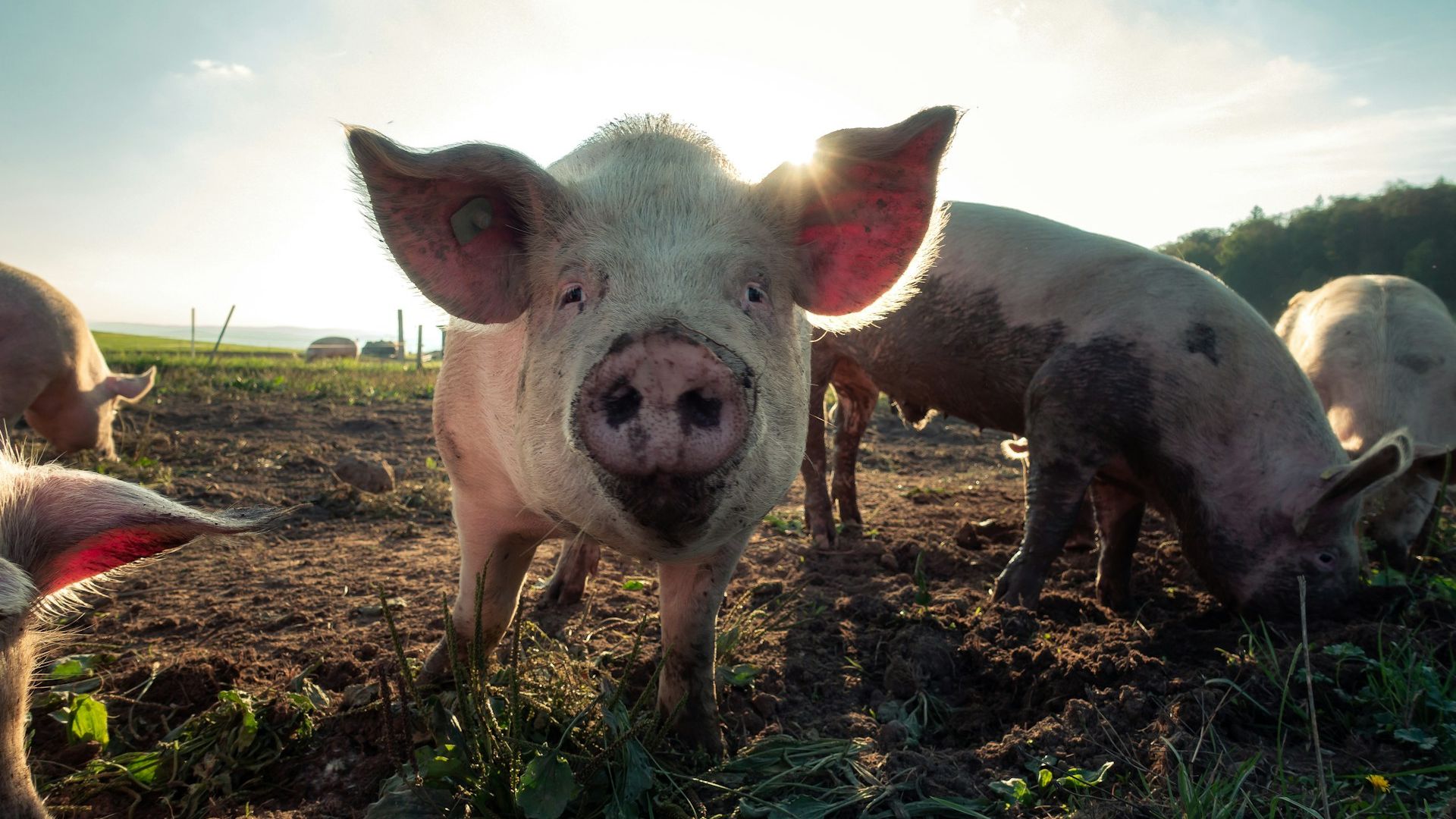
Unfortunately, the million dollars of debt lies with Bundren, not Tyson.
Aaron Johnson, a co-policy director at the agricultural reform nonprofit, Rural Advancement Found International, said this is a growing trend in agriculture. “The model is designed to put that debt load external to the company so that if the company decides to shut down a facility, they are not left holding the bag. The contract growers are.”
Left to the Streets
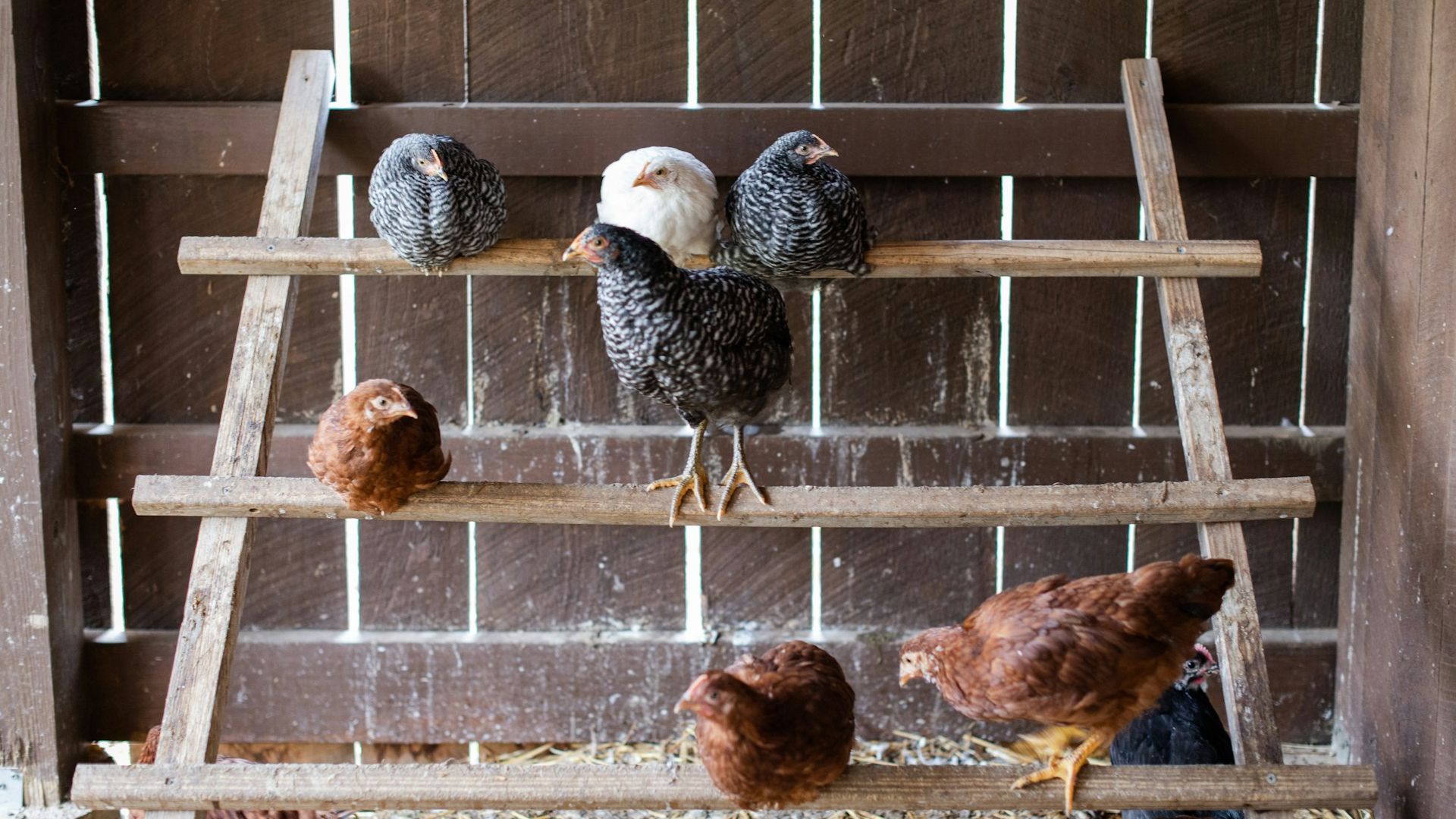
Bundren spent the last six years raising 600,000 chickens for consumption under contract with Tyson.
Losing his business with Tyson has derailed his life. “I stand a chance of losing everything. Every chickenhouse I got, all my land, everything. It’s throwing me and my family in the street. Tyson ain’t thinking about that, and I guess they don’t care,” said Bundren.
On the Brink of Losing Everything
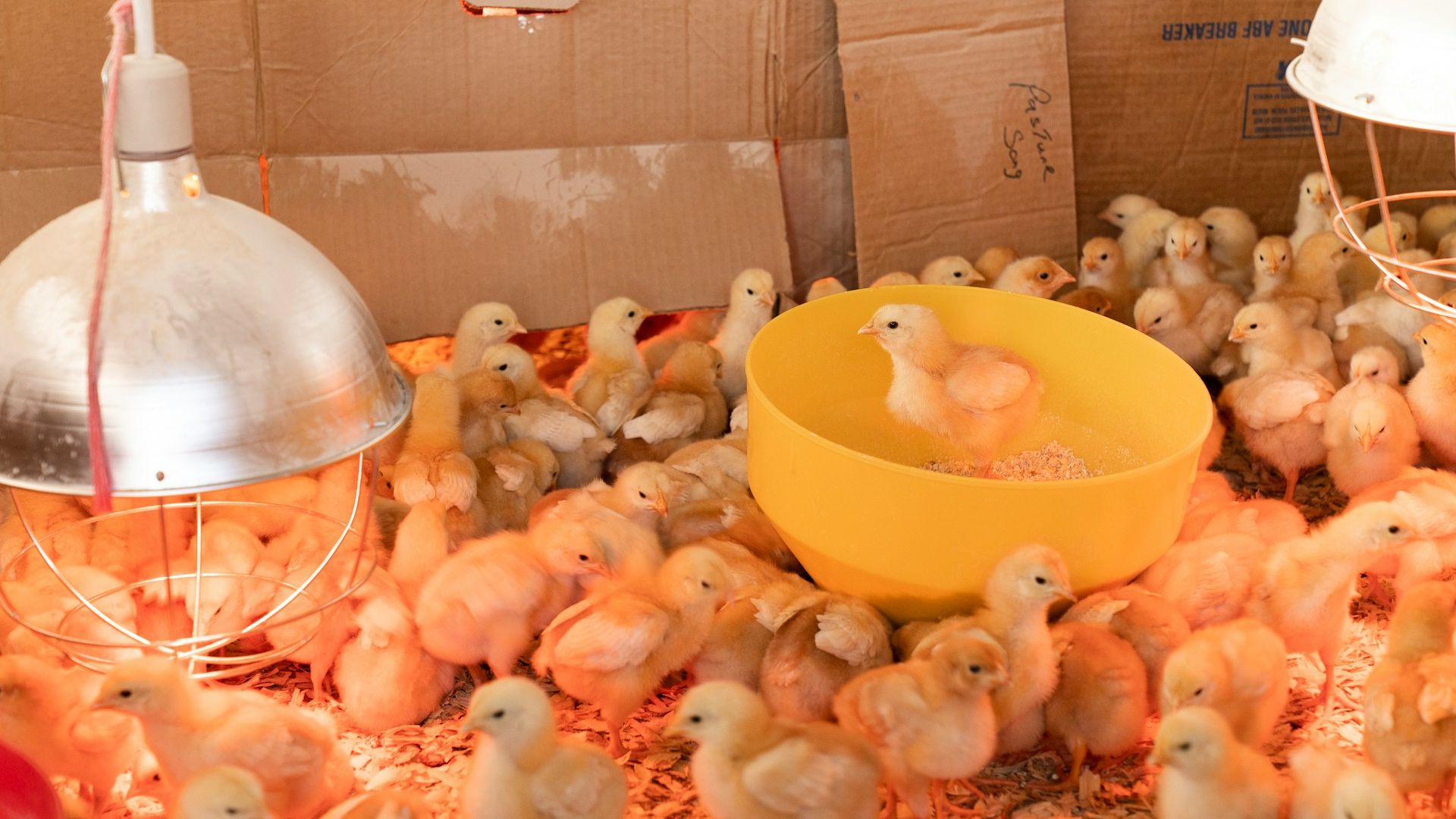
Tyson’s shutdowns have put laborers and farmers alike in a dire situation.
Unable to sell his chickens to other companies for biosecurity reasons, Bundren is in dire straits. “Right now I’m scared to death. I’m scared I’m gonna lose everything and I made a mistake by putting my family up here.”
‘One-Factory’ Towns
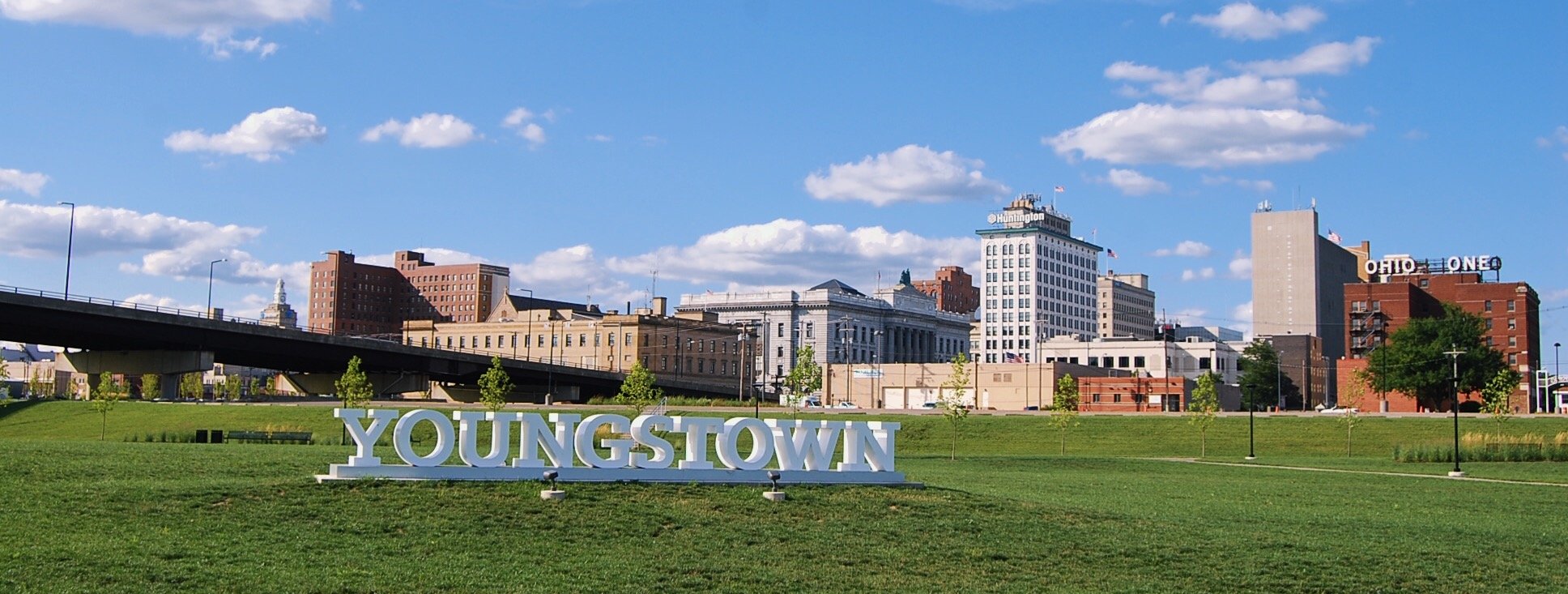
The difficulties of the purported “one-factory” town isn’t a recent phenomenon. During the 1970s, Youngstown, Ohio, was a flourishing steel city of 140,000 individuals.
According to data from the United States Census, the population has decreased to less than half since the Youngstown mills closed.
Shipping Hubs and Chicken Plants
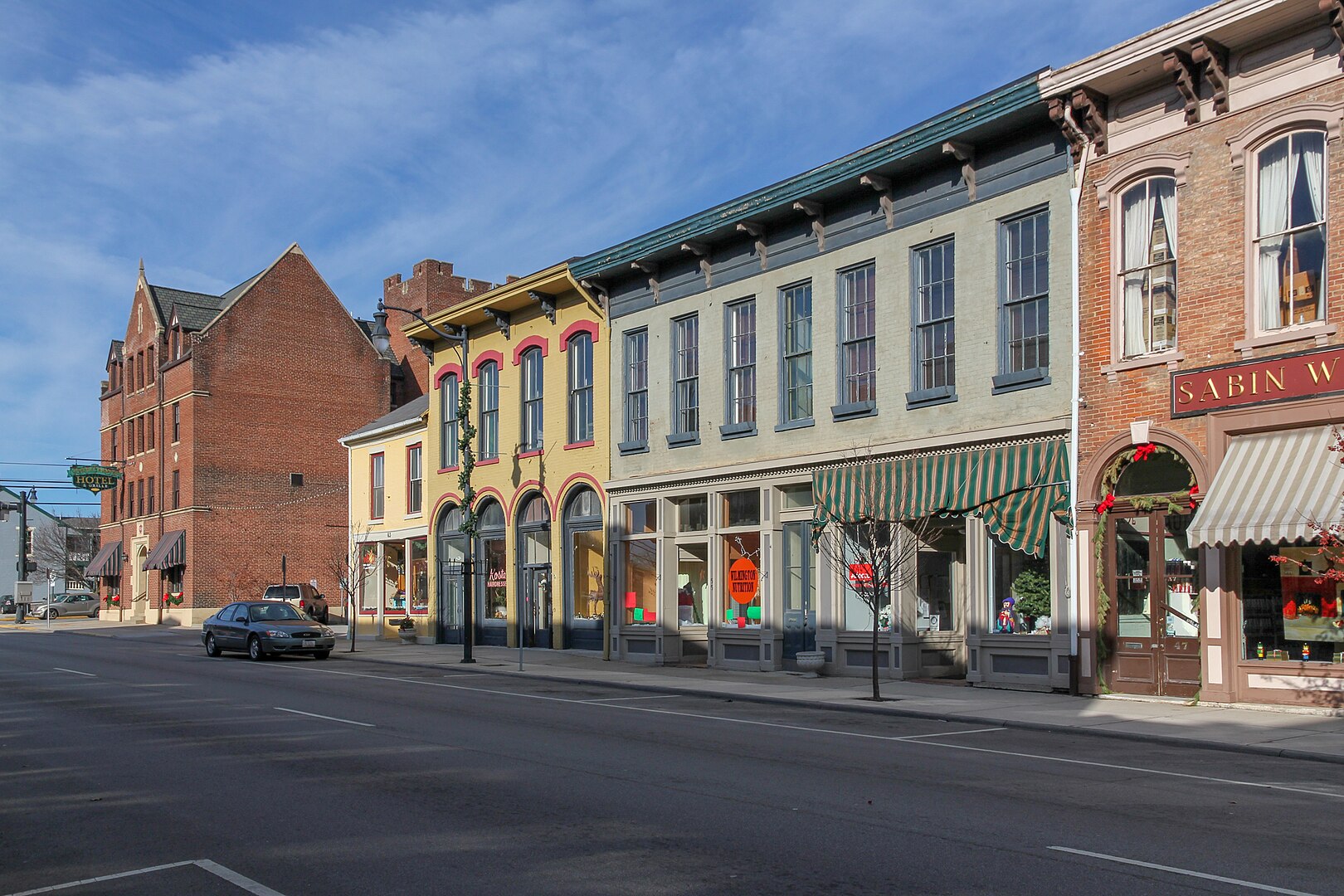
When a shipping hub in Wilmington closed in 2008, Ohio was hit hard again, leaving 42% of the working-age population without a job.
The CBS News data team discovered that in Farmerville, Louisiana, in 2009, a chicken plant that employed more than a third of the town shut down.
Options in Perry

Back in Perry, individuals like Nacho Calderon are learning from history. In the wake of being laid off at the Tyson plant, he desires to turn into a trash or concrete transporter.
In Perry, a commercial drivers license is required to operate garbage trucks. The nearby junior college is giving shipping classes pro bono to offer laborers a chance at remaining in town.
Empathy for Coworkers

Calderon says that he is sad that he lost his job, and he also feels sorry for his coworkers, who might not have cars or much money to help them get back on their feet.
As Calderon is still searching for work, Swanson has this guidance: “Take control.” He got a job managing maintenance at an out-of-town apartment complex.
Swanson stated, “[It’s] what I feel is a great opportunity, and I want that for everyone.” It’s a hopeful wish for friends who lost their jobs but refused to leave their city despite all odds.
